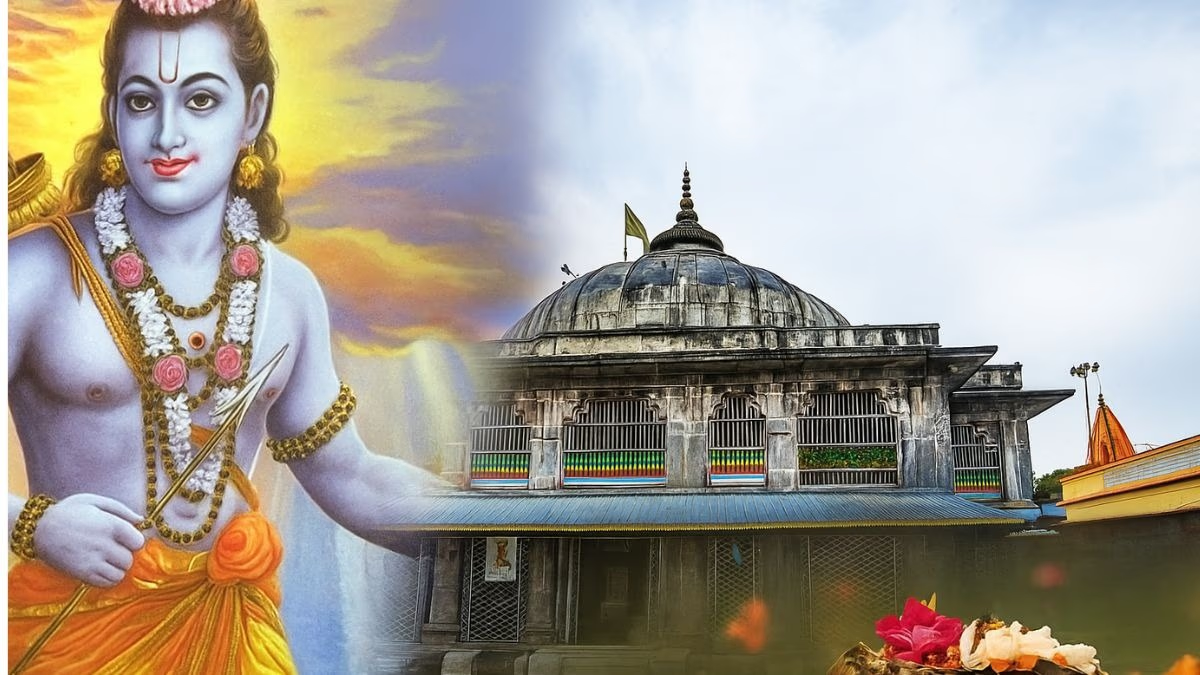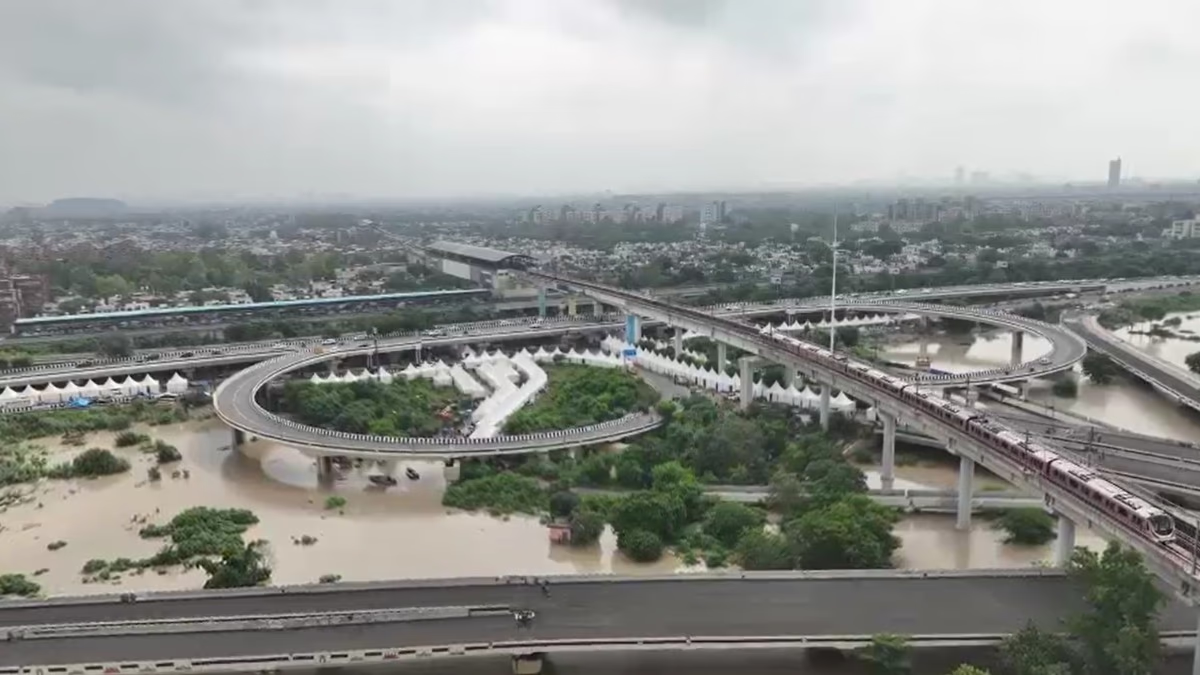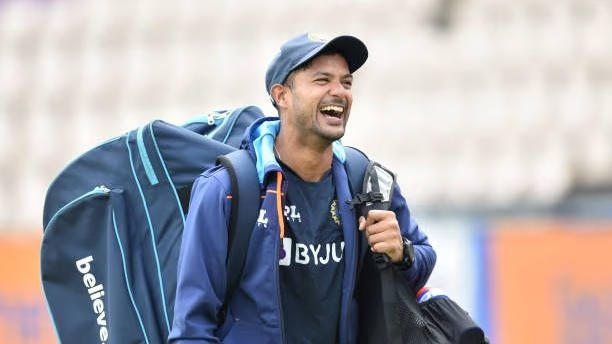The tradition of conducting 'shraadh' and 'pinddaan' for ancestors in Hinduism has been held for centuries. It's said that if the ancestors are displeased, the family faces hardships. India hosts several revered sites for these rituals, but Gaya in Bihar holds the greatest significance. According to ancient legends, Lord Rama performed the pinddaan of his father, King Dasharatha, here.
It is recounted that during Lord Rama's exile, he received the news of King Dasharatha's death. Although Rama couldn't return to Ayodhya as he was bound to fulfill his father's vow, according to scripture, the eldest son's fire ritual grants the father entry to heaven. Unable to perform this, Dasharatha's soul was restless. To ensure peace and liberation for his father's soul, Lord Rama conducted the pinddaan on the banks of the Falgu River in Gaya, which has since become the most revered place for ancestor salvation rituals.
People say that even Lord Vishnu, manifesting as Pitrudev, resides here. This is why the mere mention of Gaya enhances one's devotion. During the Pitru Paksha period, from Bhadrapada Purnima to Ashwin Amavasya, millions gather here, for it's believed that conducting pinddaan during these days grants moksha to ancestors and removes the pitrudev 'dosha' from the family.
Scriptures clearly state that while the human body merges back with the five elements, the soul remains eternal. In the Anushasan Parva of the Mahabharata, Bhishma Pitamah highlights that performing 'shraadh' and 'pinddaan' is vital to relieve pitr Dosh and bring peace to the ancestors. Hence, it is still believed that when ancestors' souls are satisfied, prosperity and peace prevail in the family.
Although there are over 55 spots in the country for pinddaan, Gaya holds a unique importance. It is a place where tradition, legends, and faith converge, which is why, when sons or daughters seek tranquility for their ancestors' souls, Gaya is often their first choice.
Read more: Unveiling Bihar's Heritage from Mahabodhi to Nalanda - A Confluence of History and Faith
Discover India’s Mysterious Village Where Homes and Shops Need No Locks




